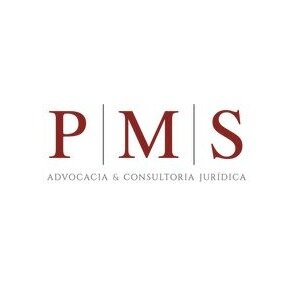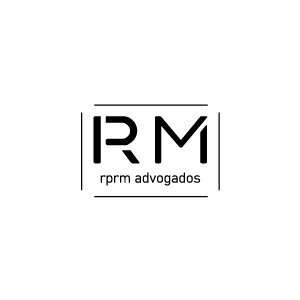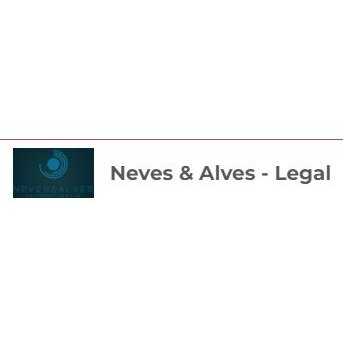Best Housing, Construction & Development Lawyers in Porto
Share your needs with us, get contacted by law firms.
Free. Takes 2 min.
Free Guide to Hiring a Real Estate Lawyer
List of the best lawyers in Porto, Portugal
About Housing, Construction & Development Law in Porto, Portugal
Porto, Portugal has a regulatory framework that governs the housing, construction and real estate development industries. These laws oversee a broad scope of issues including structuring of real estate transactions, zoning, land usage, environmental regulation, building codes, and landlord and tenant relationships. In recent years, due to Porto's real estate market boom, the legislative focus has leaned towards moderating housing prices and rent control in particular.
Why You May Need a Lawyer
There are numerous situations where legal help is required in the field of housing, construction & development. These may include disputes related to property ownership, resolution of planning and zoning issues, leasing terms negotiations, eviction proceedings, construction contract disputes, or when you find yourself facing regulatory violations. A knowledgeable lawyer can provide counsel and ensure that your rights are protected as required by law.
Local Laws Overview
The principal laws overseeing development and housing in Porto include the Land Lease Law (Law no. 31/2012 of 14 August), the Real Estate Investment and Asset Management Companies Code and the Urban Lease Regime. These laws are aimed at providing fairly to all parties involved in housing and construction. Understanding these laws can be complicated and navigating them may need legal support.
Frequently Asked Questions
1. Can foreigners acquire real estate in Porto, Portugal?
Yes, there are no restrictions on foreign ownership of property in Portugal.
2. Are there specific zoning laws in Porto?
Yes, different areas in Porto have specific zoning laws which dictate the land use. These laws protect the architecture heritage and maintain the city's planning scheme.
3. What is the process for evicting a tenant in Porto?
Eviction proceedings in Porto can be quite complex and must be handled according to the provisions under the Portuguese law. It is highly recommended to consult with a legal professional in such cases.
4. Can construction contracts be verbal?
While verbal agreements can be legal, it is highly advised to have a written contract for construction projects. This safeguards your rights and provides clarity for resolution of disputes.
5. What are the requirements for a building permit in Porto?
The requirements vary depending upon the scale of the project. They generally include the project's details, land title, architectural plans, engineer's report etc. The municipality of Porto can provide the specific guidelines.
Additional Resources
The Instituto Nacional de Habitação (National Institute of Housing) and the Câmara Municipal do Porto (Municipality of Porto) are government bodies that provide resources and help concerning housing, construction, and development laws. Websites such as the Portal da Justiça (Justice Portal) can also provide valuable information and legal resources.
Next Steps
If you need legal assistance in the field of Housing, Construction & Development in Porto, Portugal, it's recommended to engage a lawyer specialized in this field. They can provide legal advice tailored to your specific situation, help you understand your rights and responsibilities, and guide you through any legal proceedings if required.
Lawzana helps you find the best lawyers and law firms in Porto through a curated and pre-screened list of qualified legal professionals. Our platform offers rankings and detailed profiles of attorneys and law firms, allowing you to compare based on practice areas, including Housing, Construction & Development, experience, and client feedback.
Each profile includes a description of the firm's areas of practice, client reviews, team members and partners, year of establishment, spoken languages, office locations, contact information, social media presence, and any published articles or resources. Most firms on our platform speak English and are experienced in both local and international legal matters.
Get a quote from top-rated law firms in Porto, Portugal — quickly, securely, and without unnecessary hassle.
Disclaimer:
The information provided on this page is for general informational purposes only and does not constitute legal advice. While we strive to ensure the accuracy and relevance of the content, legal information may change over time, and interpretations of the law can vary. You should always consult with a qualified legal professional for advice specific to your situation.
We disclaim all liability for actions taken or not taken based on the content of this page. If you believe any information is incorrect or outdated, please contact us, and we will review and update it where appropriate.

















